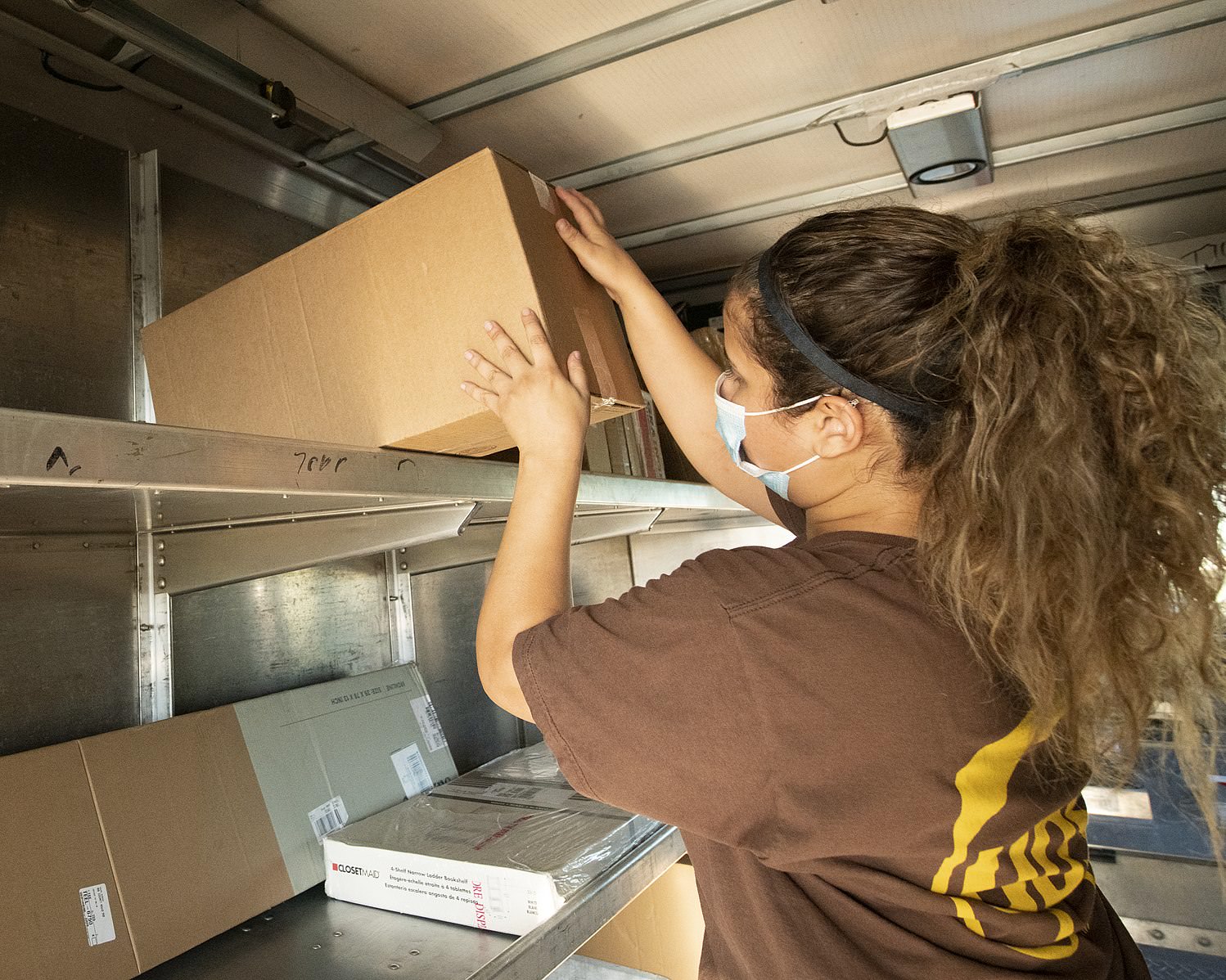Business
UPS Strike Would Damage Fragile US Economy
By Belal Awad · July 23, 2023
In brief…
- Contract talks between UPS and the Teamsters Union are reaching a critical stage
- A ten-day strike would cost the nation more than $7 billion, making it the costliest work stoppage in at least a century.
- The main sticking point is compensation for part-time workers, with the union demanding a "livable wage" of at least $20 an hour.
- UPS handles roughly 25% of the nation's parcel shipments
- A strike would damage supply chains and slow a fragile US economy.

As contract talks between United Parcel Service (UPS) and the Teamsters Union reach a crucial juncture, the possibility of a strike threatens to disrupt the US economy on an unprecedented scale. The Anderson Economic Group estimates that a ten-day UPS strike would cost the nation more than $7 billion, making it the costliest work stoppage in at least a century.
On the prospect of a strike, General President Sean O’Brien of the Teamsters Union told CNN, “If we do not get a deal, UPS-ers chose to strike themselves, and we will withhold our labor on July 31st at 12:01 a.m. But if we get a tentative agreement subject to ratification, and we’re going to recommend it, then we will not withhold our labor.”
UPS handles roughly 20 million packages a day - about 25% of the nation’s parcel shipments. The Teamsters represent approximately 340,000 UPS workers in the U.S.
Talks officially broke down on July 5. Compensation for part-time workers, whose starting wage is currently $16.20 an hour, remains a major sticking point. Union leaders demand a “livable wage” of at least $20 an hour. The raise would also help address the current wage disparity between part-time workers and full-timers, who earn an average annual salary of $95,000.
As the strike deadline looms, UPS says it remains committed to a swift resolution, describing contract terms negotiated so far as “historic.” The company appears confident it will reach an agreement in time to avoid a costly strike. UPS is the largest employer of Teamsters, a union that needs to continue growing in a fast-changing economy. The fact that both groups need each other bodes well for this week’s contract talks, say analysts. On the other hand, a strike, they say, would damage supply chains and slow a fragile U.S. economy.